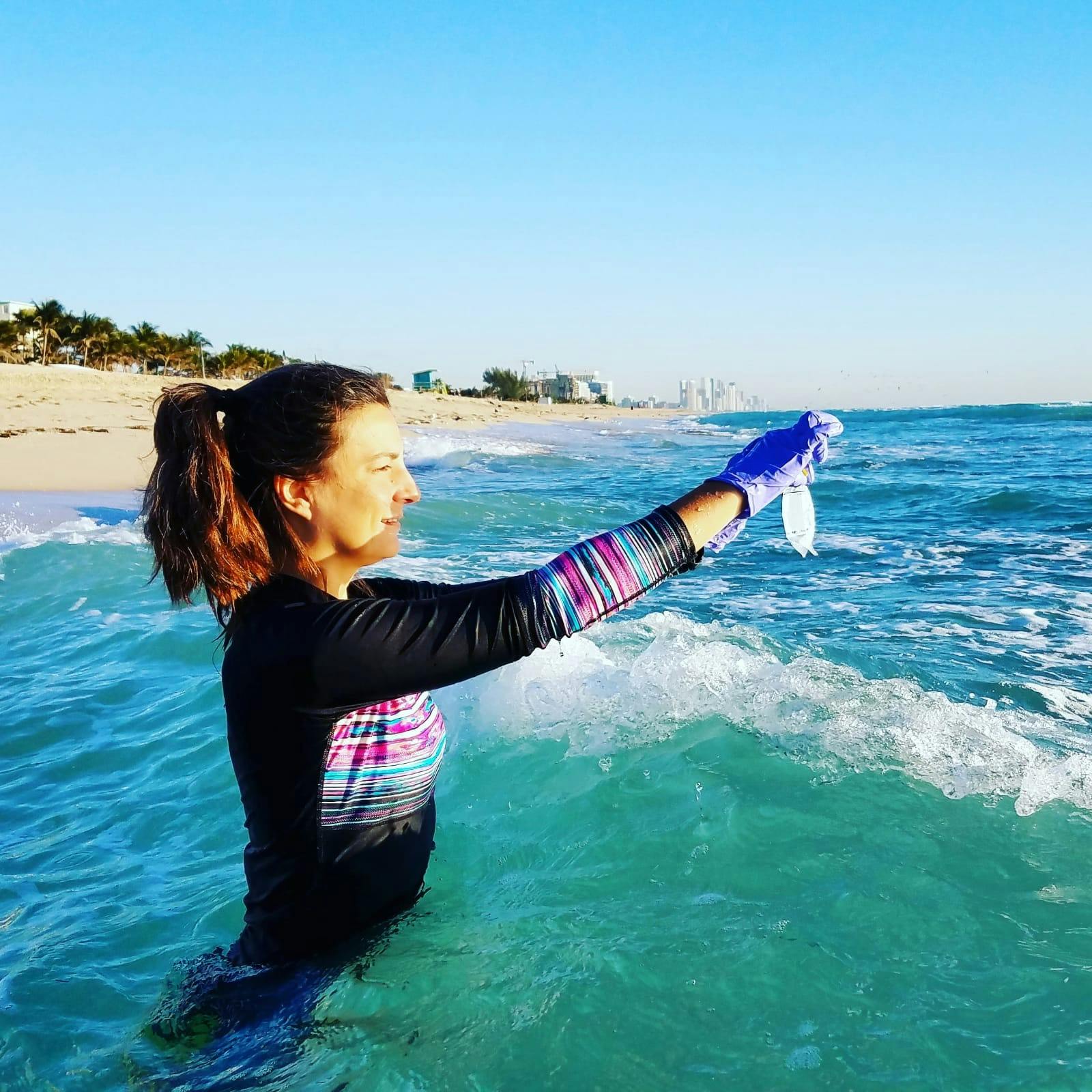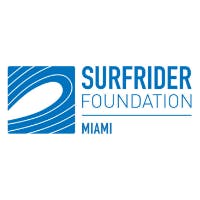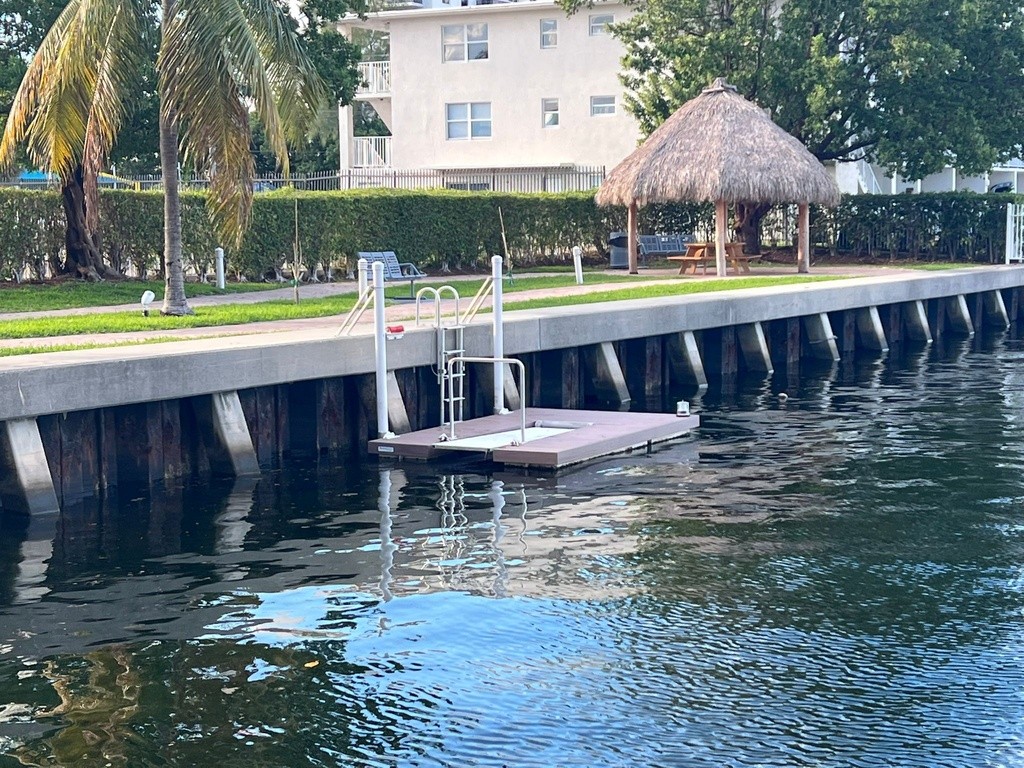
Surfrider Foundation – Miami Chapter

Surfrider’s Clean Water Initiative strives to protect water quality in local waterways and reduce pollution so it is safe to surf, swim and play in the ocean. To meet this goal, Surfrider chapters and activists are building awareness of water pollution problems and advocating for solutions to protect public health and clean water.
Everyone should have access to clean water to surf, swim and play in.
The Surfrider Foundation Miami Chapter is taking a multi-tiered approach to tackle ocean pollution problems. We are testing the waters for bacteria, raising public awareness and finding real solutions to ocean pollution; solutions that restore healthy watersheds, protect local water supplies and keep pollution from reaching the ocean.
As part of the Clean Water Initiative, the Blue Water Task Force (BWTF) is the Surfrider Foundation’s volunteer-run, water testing, education and advocacy program. Surfrider Chapters across the country use this program to alert citizens and officials in their communities about water quality problems and to work toward solutions. The BWTF has demonstrated success by identifying problems with beach and coastal water pollution, raising public awareness of these incidents and working collaboratively with local stakeholders to find and implement pollution solutions.
The BWTF has also precipitated the establishment of state and local government water quality monitoring programs in many communities and continues to fill in data gaps, improving the public’s knowledge of the safety of their beach water. BWTF water testing programs measure bacteria levels at both marine and freshwater beaches and compare them to federal water quality standards established by the EPA to protect public health in recreational waters.
In operating a marine centric water quality monitoring program, the main goal of the Surfrider Miami BWTF program is to fill in data gaps, improving the public’s knowledge of the safety of their beach water. As of 2018, water samples have been collected weekly at 5 locations, from South Point to Surfside Beach. These initial sites are also included in the Florida Department of Health’s Florida Healthy Beaches Program and the chapter’s BWTF results have been designed to increase the frequency of beach water testing at these popular local beaches, to develop a foundation of quality operations that achieve established standards and protocols, and to provide the community useful information about the current health of the waters that we swim and play in.
Surfrider Miami’s BWTF is in operation year-round, providing public health protection especially in the offseason when health departments reduce their testing frequency, while surfers and other local constituents continue to surf and be exposed to potentially polluted water.
At the lab, which is hosted by F1rst Surf Supply Company on South Beach, we are testing for enterococci which are considered to be indicator bacteria for other bad bugs that might be in the water. Pretty much if entero is found in the water, this indicates that other waterborne pathogens might be present – particularly since entro is mainly found in mammalian digestive tracts and signals that fecal matter is in the water (from sources such as urban runoff, pet waste, vessel discharges, septic tank leaks, and sewer system discharges).
Results are shared with the local community (sign up here to receive water quality notifications) and are now live on Miami’s Surfline.com reports and our Alexa App! Additionally, we have partnered with Ballyhoo Media to display water quality results on their floating platform which reaches about 10,000-15,000 beach goers an hour and have also partnered with the Swimguide to host our water quality information on their dedicated mobile app.
Contact
Website: Miami.Surfrider.org
Facebook: facebook.com/surfridermiami
Twitter: @surfridermiami
Instagram: @surfridermiami


